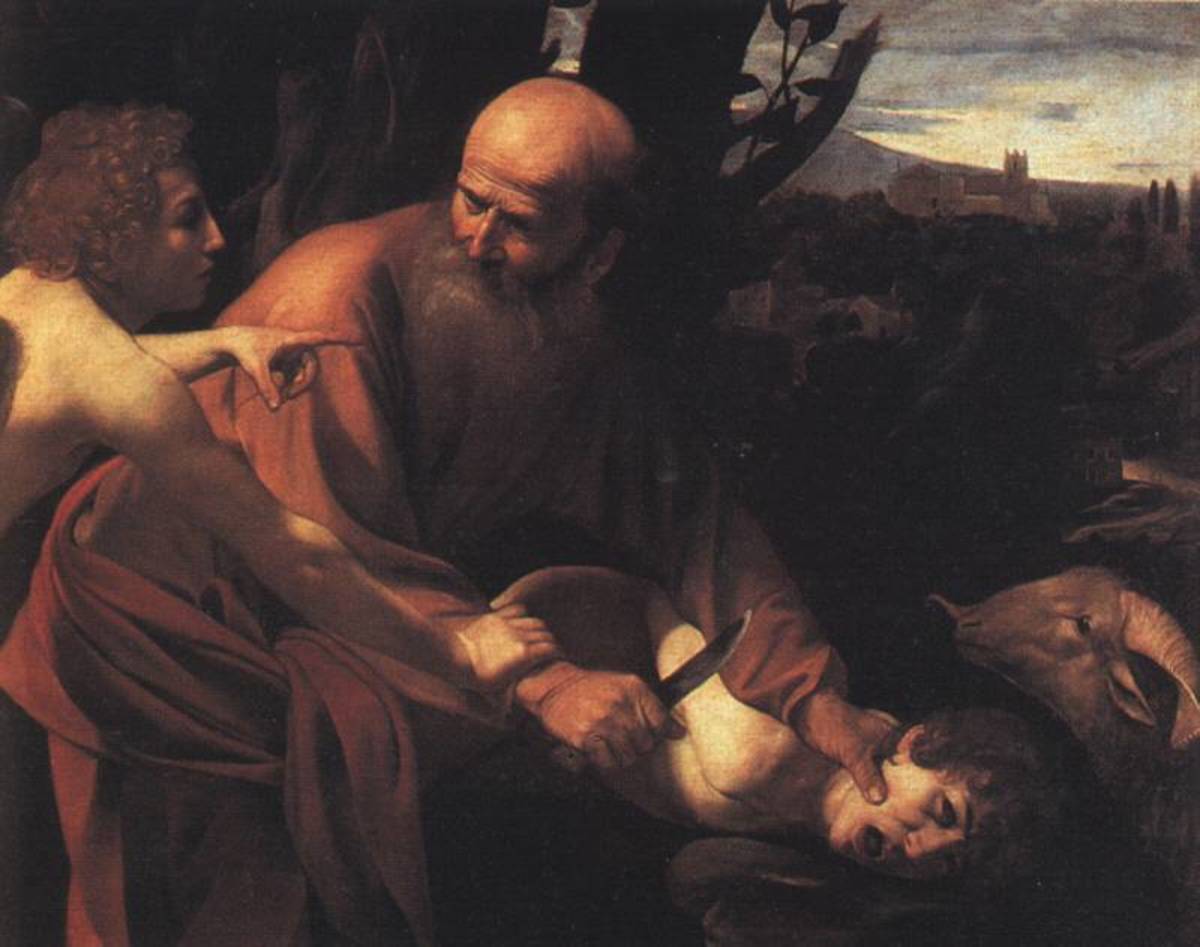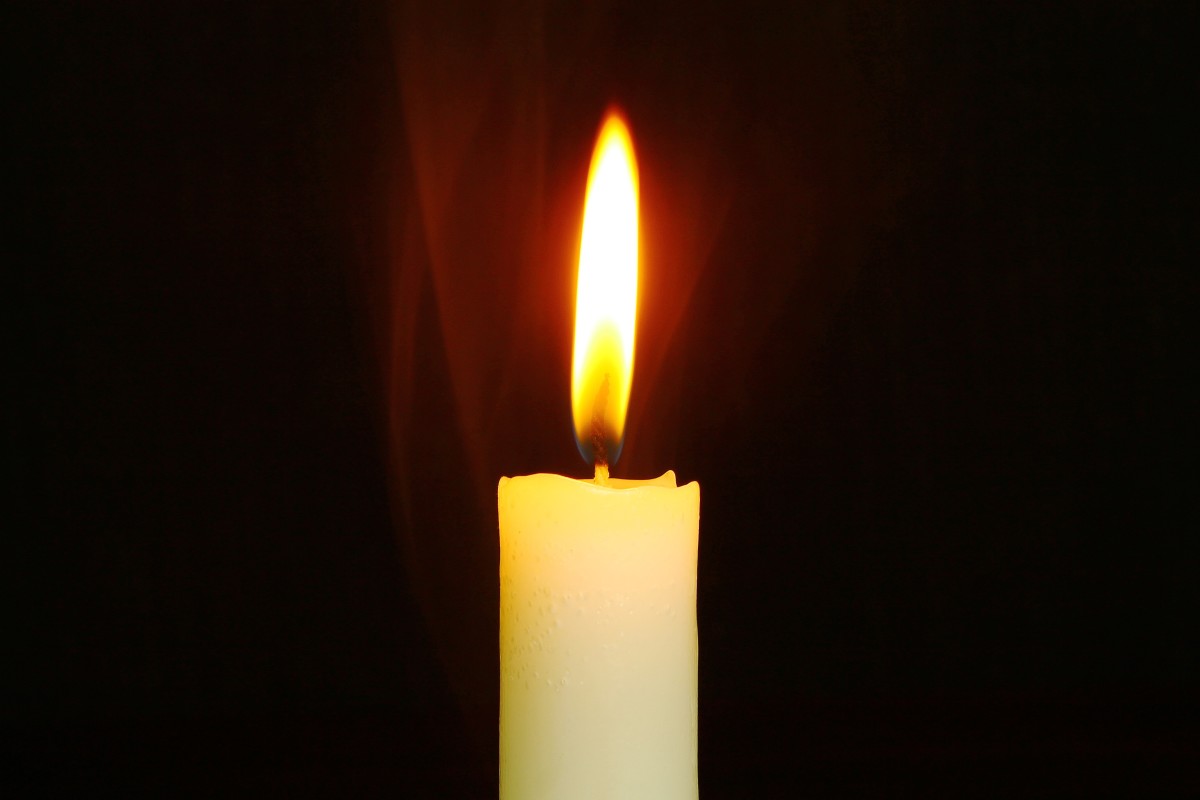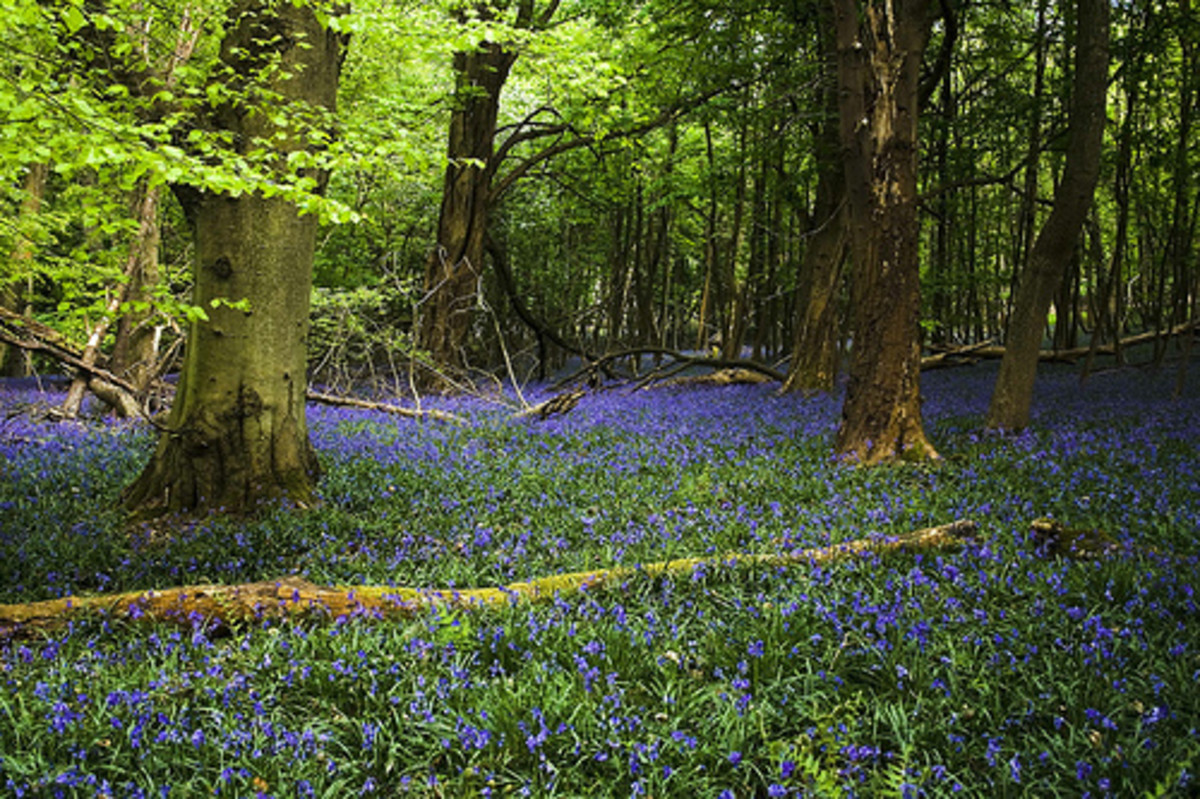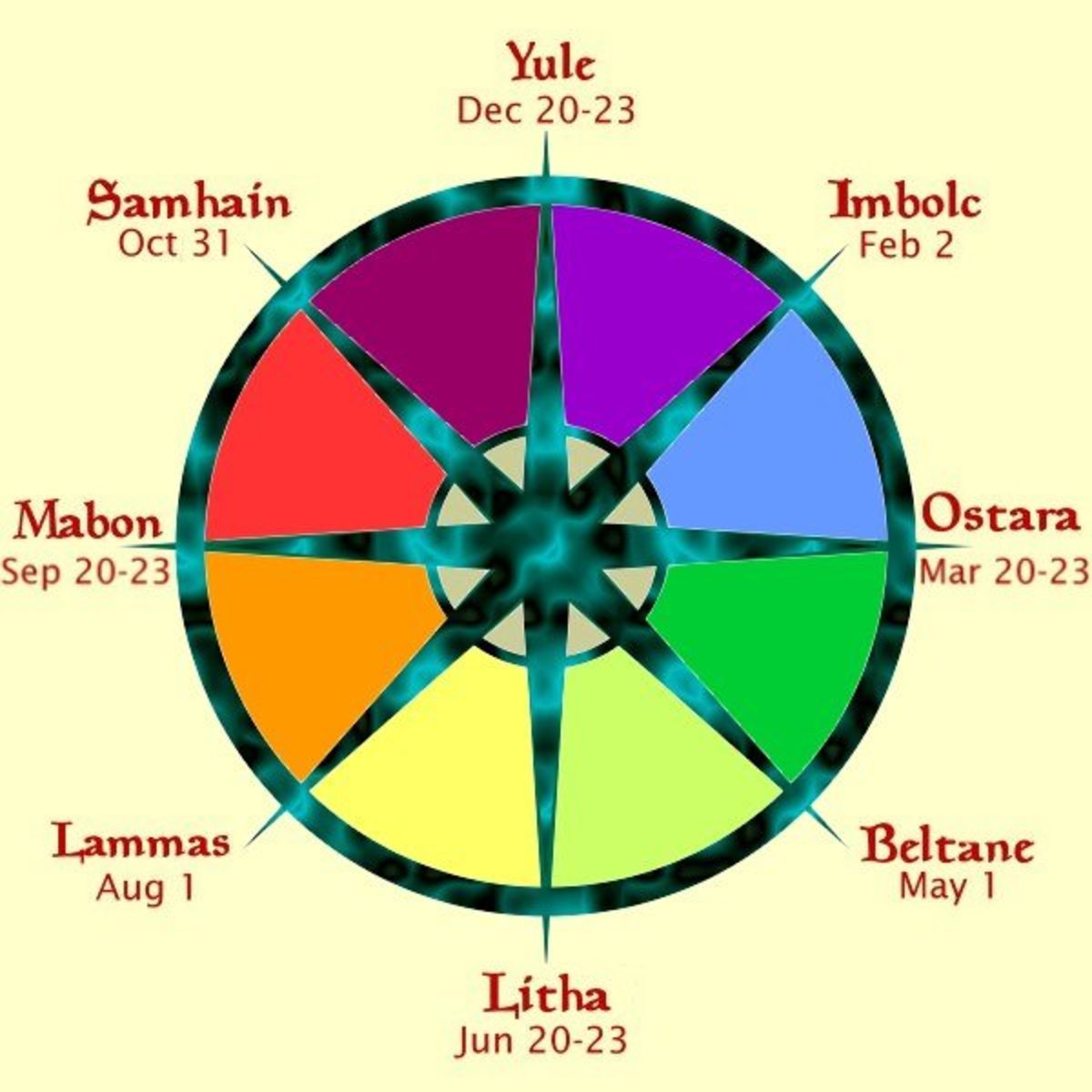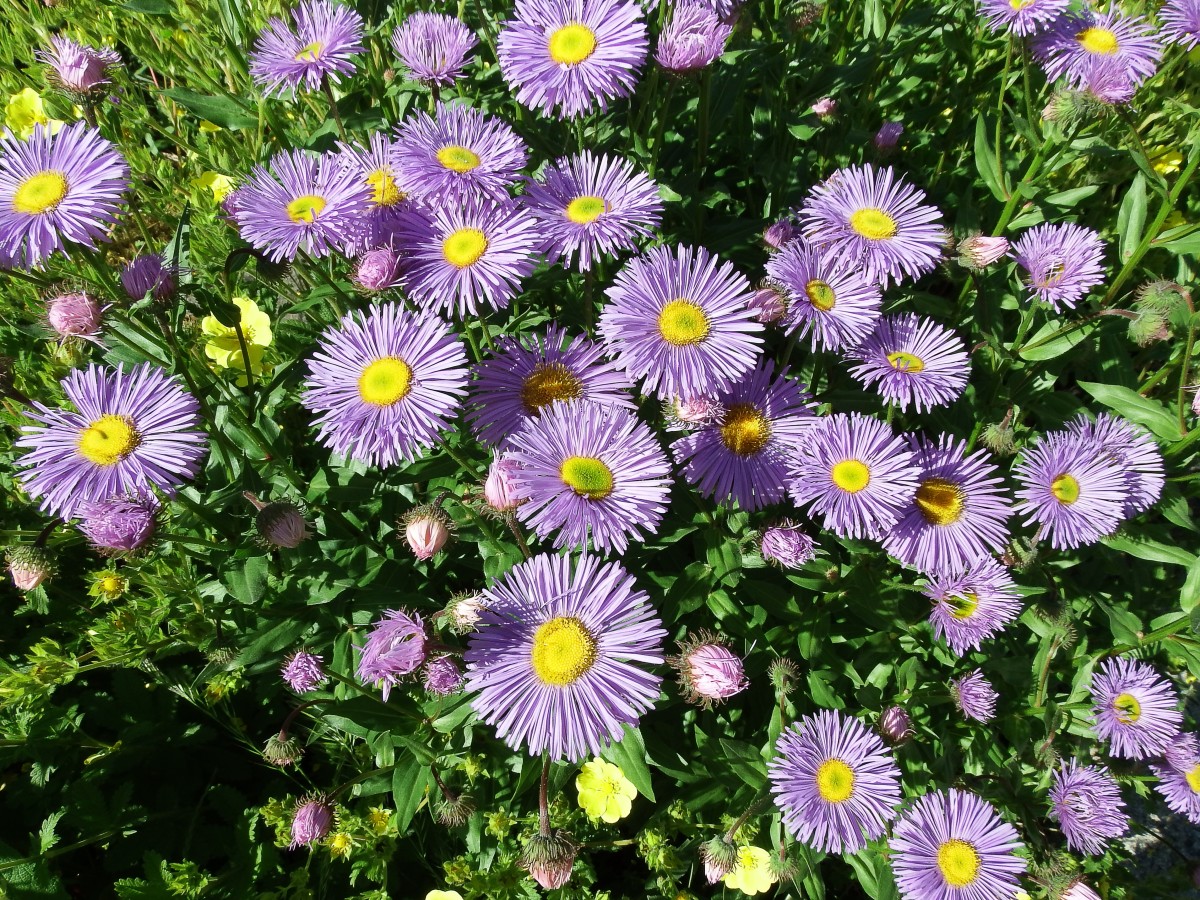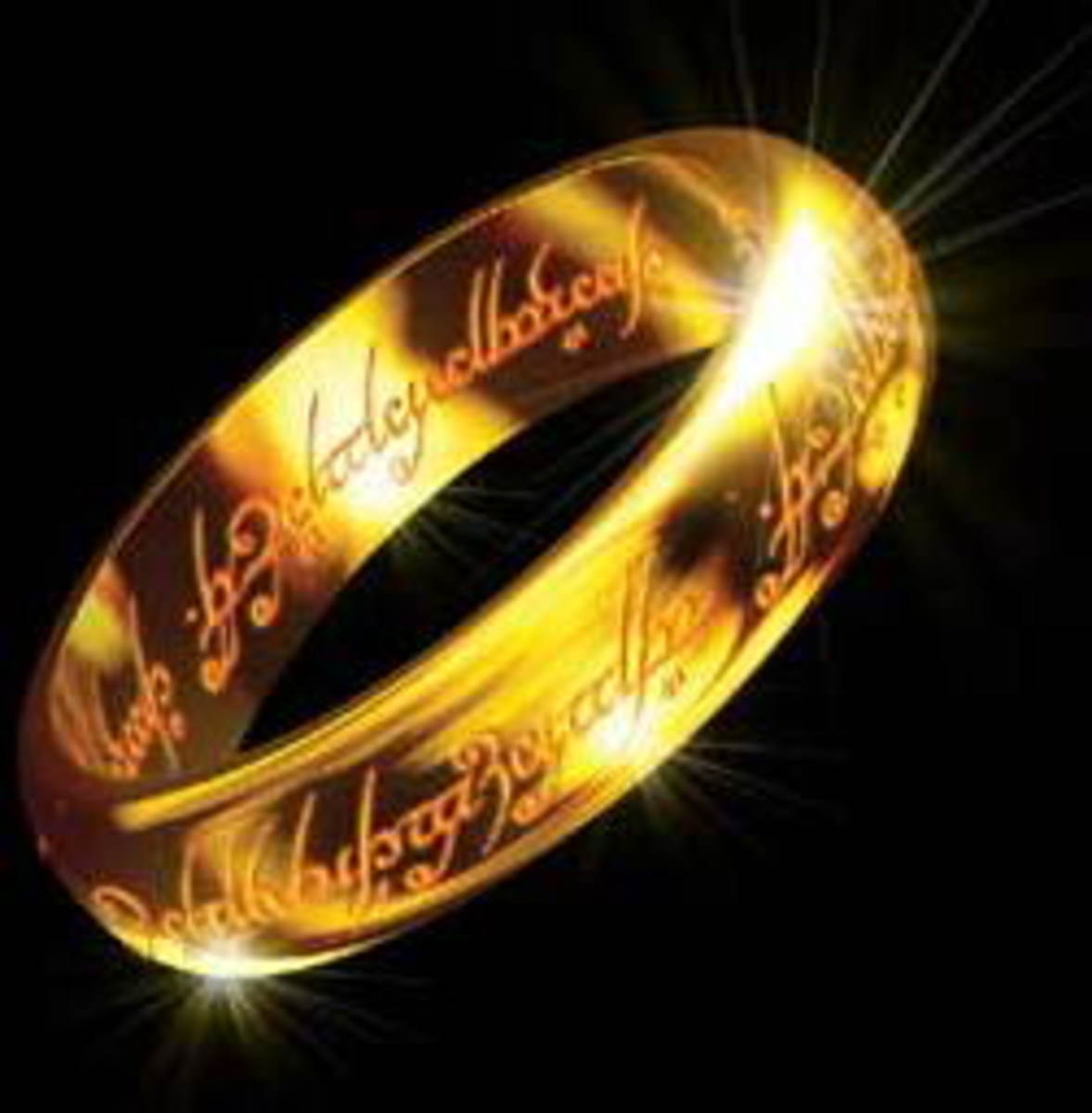Manchan's Tale - Part 2
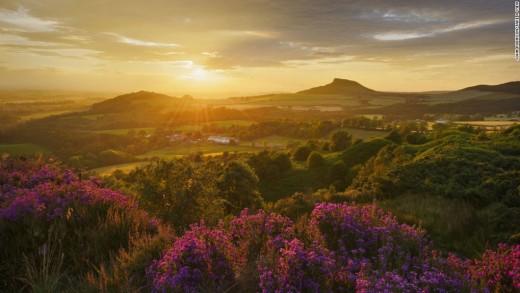
- Manchan's Tale - Part 1
The christening snow has arrived. Manchan's life will never be the same.
A Quick Review
In Part 1 Manchan and Brigid reminisce about their lives together just before Brigid succumbs to the fever. Manchan is left to face the world and the christening snow alone.
"My dear Brigid. Arise. I've your cup of refreshment." He reached down and touched her face. There was no response. More emphatic this time he repeated, "My dear Brigid. Arise. I've your cup of refreshment." Still no response.
"Brigid! Brigid!" He noticed she was no longer breathing. Slowly he moved toward the cottage door. Once again pushing hard against the wind, he looked out over the fields. The christening snow was falling.
He remembered his dear Brigid's words. He could hear her say, - "Manchan, when each new winter comes, promise me that when you see the christening snow, you'll stop to think of me. Always remember our time together for I will ever be with you."
Stepping out into the cold and wet night, Manchan screamed one word. "Nooo . . . " It echoed down the valley to the mountain across the way and back again. He could only deny his belief in the christening snow so long.
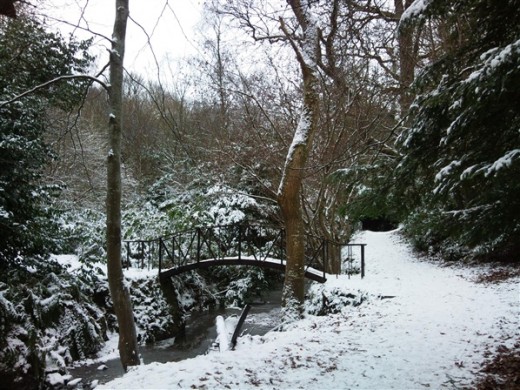
The Festival of the Chosen Child
The festival of The Christening Snow existed long before Manchan did. It was one of three holy days observed throughout the Celtic year.
The first holy day, The Festival of The Chosen Child was held in the spring of the year to satisfy the gods of fire. This was the most solemn of the three celebrations. Seven days were given to the feast, and it was a time of sacrifice in an attempt to appease the gods as planting season was approaching. It was a plea to the god Cromm Cruach to send an abundance of milk, corn, and honey.
The feast took place after the spring lambing season was completed. The first two days were given to the sacrifice of lambs. It was expected of all to bring an unblemished lamb for sacrifice, Cromm Cruach required the best of the best. It was useless to bring an inferior lamb for sacrifice. Cromm Cruach communicated directly to the Druid priests. They would intuitively know if one was attempting to shortchange the gods. Instead of a blessing, a curse would hang over over the head of the one who did not bring his best. The sacrifice of the lambs was an attempt to impress the gods. The purer the sacrifice, the better the chance the gods would favorably respond. It was a picture of purity and innocence.
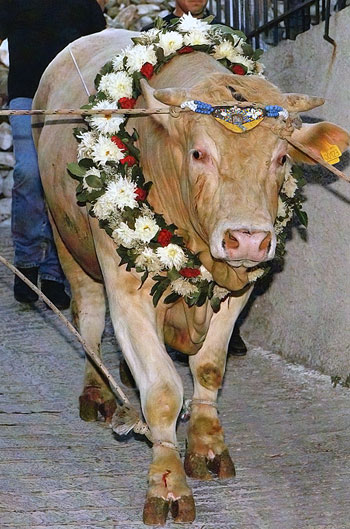
The next two days were given to the ritual killing of bulls. The slaughter represented a trust in the gods to fill the giver with strength to see the planting season through to the harvest and courage to protect and defend his fields from invaders Thus the perfect sacrificial bull was not necessarily one of physical purity, but one of strength and tenacity.
The seven-day celebration was nearing the end. Days five and six were in the complete control of the priests. They roamed from farm to farm, hamlet to hamlet looking for the perfect and final sacrifice - the chosen child. The chosen child was also to be a picture of innocence and purity. She must be a maiden of seven years, of good upbringing, and possess a strong devotion to the gods. Just as she represented the lambs that have gone before her in purity and innocence, the Chosen Child must also exhibit strength of character as symbolized by the bulls.
To be the chosen child was an honor and a blessing. it was not seen as something ugly or inhumane, or even something to be feared. It was an opportunity to serve the great gods with the entire being. It was looked upon as the ultimate gift of devotion to the deities, To offer the chosen child would bring respect and honor to the child's parents. It assumed an extra blessing from the gods.
The sacrifice of the chosen child was always made by fire. The first of the three festivals was to invoke a blessing from the gods of fire.
The Festival of Harvest
The second festival was The Festival of Harvest. It began on the day following the new moon after the completion of bringing in the harvest. It was, as might be expected, a time of thanksgiving to the gods of the earth for their bountiful blessings. it was characterized by huge feasts as clans would come together in praise and thanksgiving.
Families would leave their farms and travel through the valleys to visit others and catch up on the times. The Festival of Harvest was the most social of the three holy days. Gifts were exchanged and praise given for family and friends. Meals were shared, and grudges were done away with.
The Festival of the Christening Snow
But it was The Festival of Tthe Christening Snow that all Celts looked forward to. The Festival of the Chosen Child honored the gods of fire. The Festival of Harvest was a testament to the gods of earth. The Christening Snow was a worship of the gods of air. The first snow of winter, as it fell, would cleanse the air..As the snow slowly melted, it would soak the soil in preparation for the spring planting season which brought it full-circle to The Festival of the Chosen Child.
The holy days all focused on the needs of agriculture. The priests controlled the people by the strong traditions developed over the years. The Festival of the Christening Snow was just one more. It was to be a combination of the other feasts - purity, strength, and thanksgiving. But there was nothing pure about the celebration.
Belonos or Bel
They observed the ancient fertility rites of Bel. Sensuality ruled the holy day. As much as the holy day looked forward to the planting season, it regressed into a time of frivolity, merriment, and celebration of the human form. Although it was meant to be a time of spiritual reflection, it fell prey to the lusts of both men nd women.
It was a time when fathers of sons would call on the fathers of daughters, sharing pedigrees and abilities hoping to find a match made in the afterlife for their children. But, most often, the daughters were sold to the highest bidder. There was no such thing as divorce, but neither was there such a thing as a happy marriage. The festival that was meant to bring new life and hope to the small communities mostly brought pain and sorrow in the end.
Manchan and Brigid were different. From the first day he set eyes on her dancing in a lonely meadow, he knew there would be no other. Brigid likewise fell in love with Manchan., But Brigid's father had no such inclination. His daughter would marry a wealthy Celt, perhaps one involved in government, or law, maybe even a priest. Manchan was a poor shepherd. He had nothing to offer his daughter.
There most certainly was the fleshly, worldly side of the celebration. But there most certainly was a spiritual side as well. For Manchan, that's what was now important. For a select few, the christening snow meant the forgiveness of sins and an extended life in Mag Mell. For one unfortunate fellow, it meant separation from the plain of pleasure, and residence in lonely solitude restricted from any and all who might love. This was not to be preferred, for who is it of men that can exist without love?
For one to pass into the next world during the christening snow meant sure entrance into Mag Mell. Sins were forgiven and the dying one purified by the fall of the first snow. Still, the sins of the deceased had to be dealt with. A wet snow could never wash away sin. Therefore, there was a need for a sin bearer - someone to carry the sins of the deceased far away, to a place of lonely solitude, restricted from any and all who might love.
Manchan could picture Brigid in her heavenly abode enjoying peace. She would be at one with nature in whatever form she might presently possess. She truly was the chosen one.
The sin-bearer - the burden of carrying Brigid's sin to the underworld fell to the last one to touch here dead body during the christening snow, The burden fell on Manchan. He remembered touching her cheek just moments after she left him. The gods would surely tell the priests. Everyone far and near would know that Manchan was the sin-bearer for Brigid.
The curse of the christening snow continued, for who it was that put an arrow through the heart of the sin-bearer would also reap an eternal, youthful life in Mag Mell. Manchan would be hunted until at last he would face death and go his place of solitude. The christening snow also allowed for the sin-bearer to achieve Mag Mell if he could avoid death for one year. There was not a chance of that happening since all would be taking part in the hunt. Manchan's days were numbered.
- Manchan's Tale - Part 3
The Great Oak, Brigid, Warhorses, and Manchan - what does it all mean?
© 2016 William Kovacic

